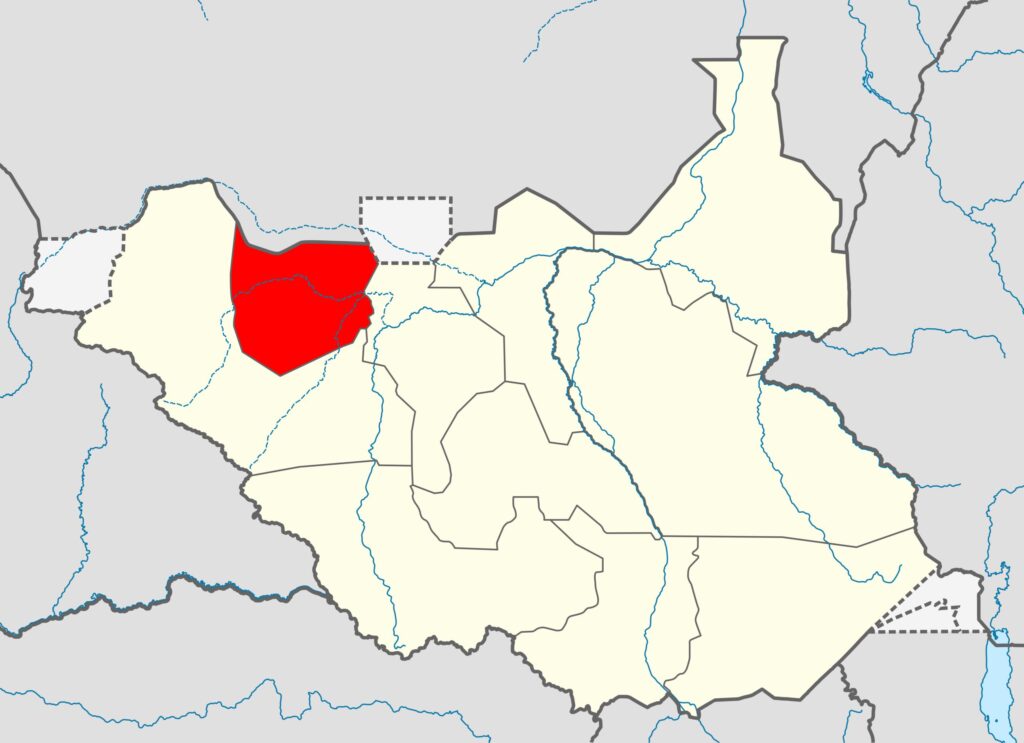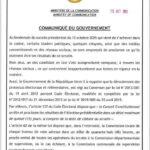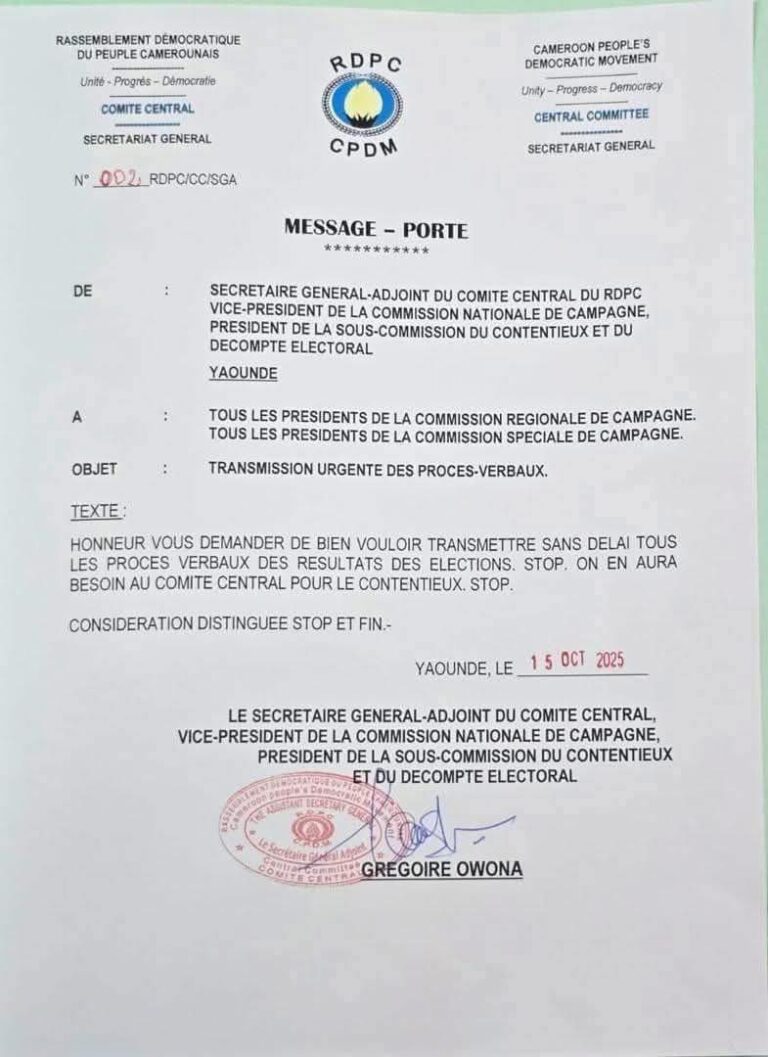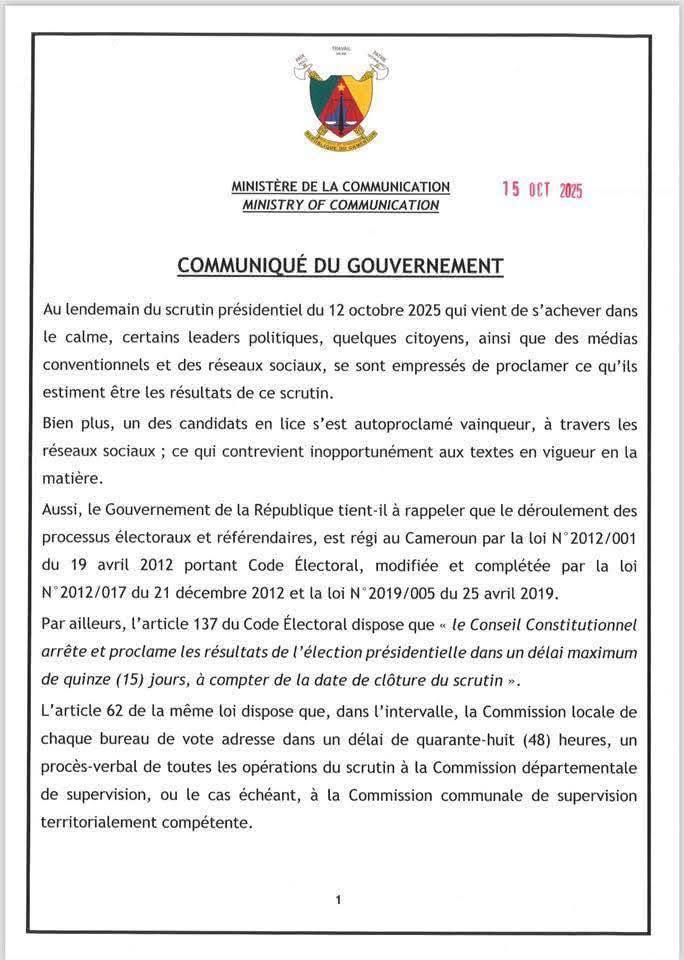
KUAJOK – A woman in a remote boma in Twic County of South Sudan’s Warrap State has died while giving birth due to excessive bleeding compounded by the unavailability of a nearby health facility.
Medical personnel in Turalei Payam confirmed on Tuesday that the woman, identified as Akec Atem Manut, passed away on Friday after developing complications during delivery. Her death occurred in Marol-gol Boma, a swampy area located far from the nearest health facility.
According to Santino Aguer Deng, the medical officer at Turalei Mother Teresa Hospital, Akec began bleeding around 11:00 a.m. and was carried on a bed by local residents who attempted to reach the hospital on foot. However, she died before arrival.
“The woman was bleeding profusely, and by the time people brought her here, she had already lost too much blood,” Deng explained. “We tried to refer her to Médecins Sans Frontières (MSF) for further care, but she passed away on the way.”
Deng attributed the tragedy to a combination of poor access to healthcare facilities and limited awareness of antenatal care (ANC) among expectant mothers. He noted that many women in rural Warrap neglect routine medical checkups during pregnancy, increasing their risk of complications during childbirth.
“This unfortunate death is largely due to ignorance about the importance of antenatal care. Many pregnant mothers fail to attend regular checkups where we can detect and manage such risks early,” Deng said.
Midwife Deng Bol Dhal, also based in Turalei, said the hospital has registered over 100 pregnant women in recent months, but a large number fail to attend checkups or receive immunizations.
“Our people underestimate the importance of immunization and medical monitoring during pregnancy,” she said. “This often leads to preventable deaths like Akec’s.”
Health workers in the area are urging families to ensure expectant mothers visit healthcare centres regularly despite long distances and poor road conditions.
The death of Akec Atem highlights a broader crisis in South Sudan’s rural healthcare system, where limited infrastructure, long distances to clinics, and inadequate funding continue to cost lives—especially among women and children.










